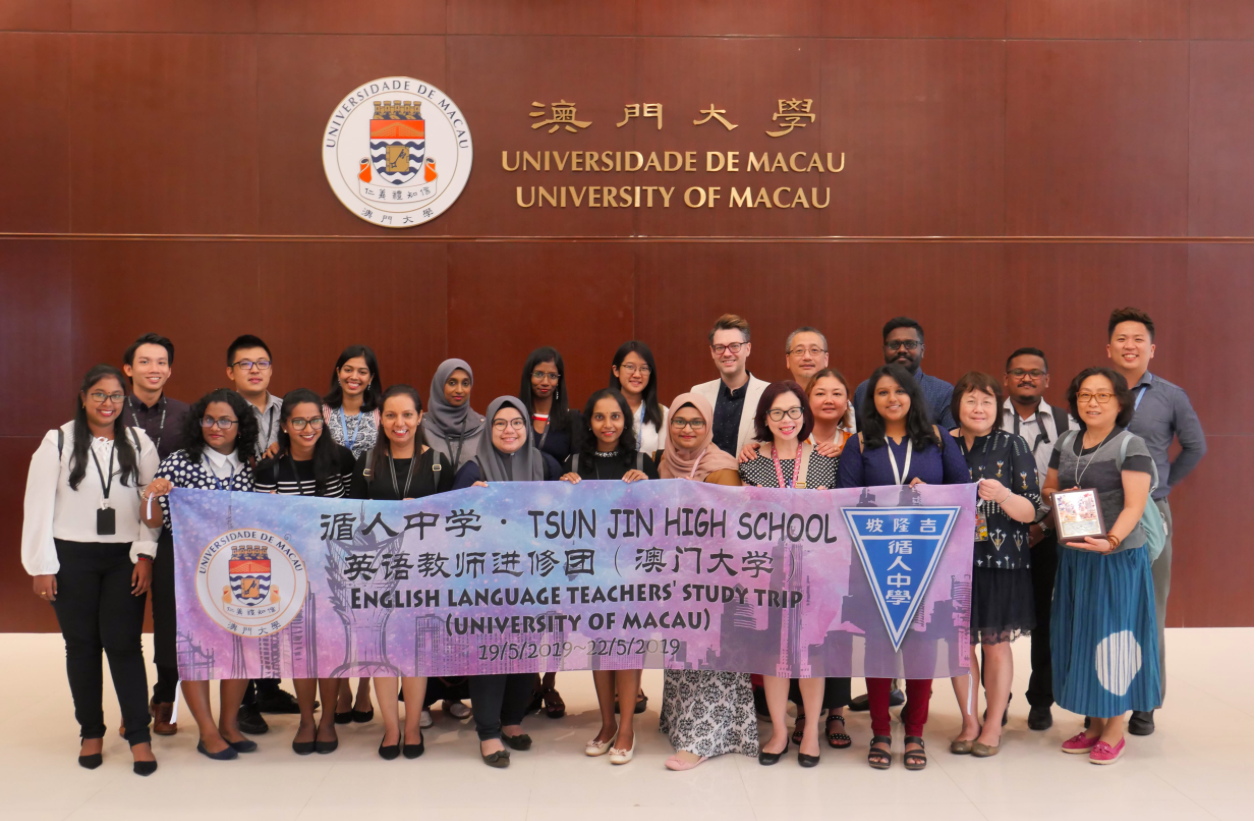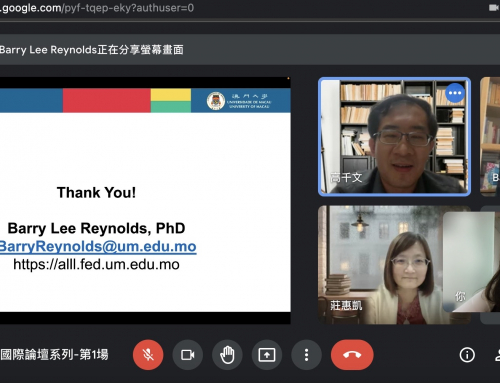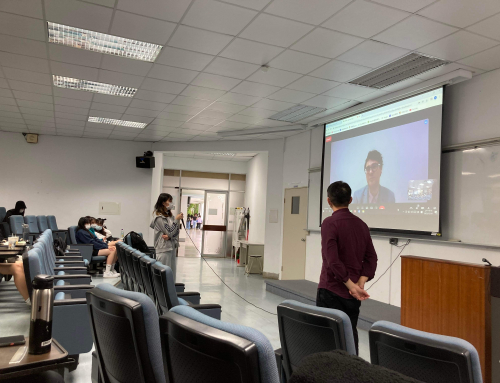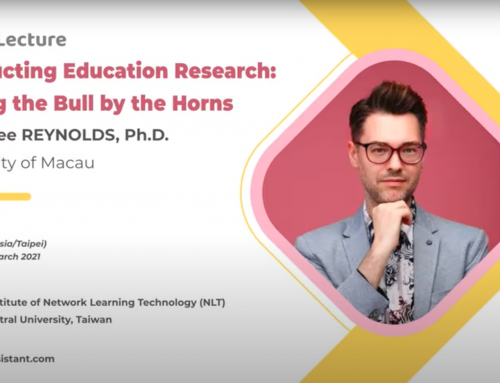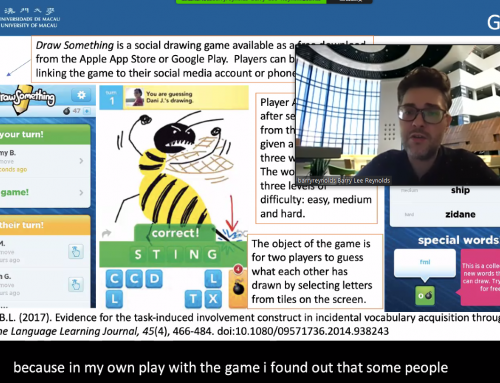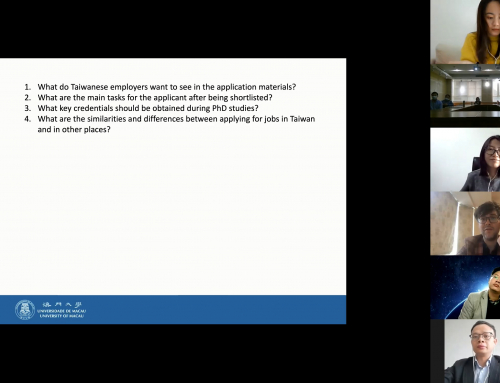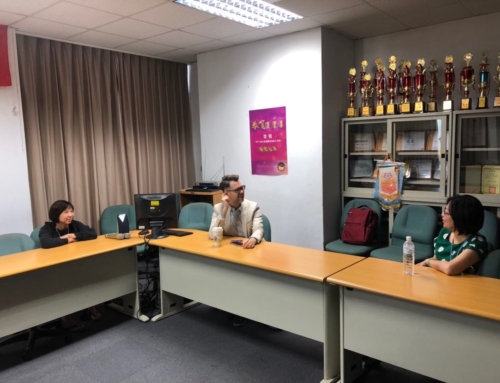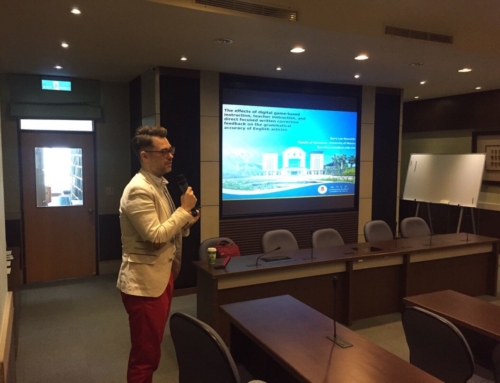
Speaker: Barry Lee Reynolds
Abstract: The three major types of reading instruction provided by primary and secondary English language teachers include: intensive reading, extensive reading, and reading for fluency. Unfortunately, most reading courses conducted in English as a Foreign Language settings overemphasize intensive reading instruction at the expense of extensive reading and reading for fluency. This workshop aims to provide teachers with the ability to match students’ current English vocabulary abilities to assigned reading texts, so that students may reap the benefits of extensive reading. Those that join the workshop will be 1) provided an introduction to the three types of reading instruction; 2) introduced to tests for measuring learners’ English vocabulary sizes; 3) introduced to text analysis tools that allow teachers to match texts to learners’ current abilities; 4) given the opportunity to use text analysis tools to manipulate reading texts for use in their classrooms.
Introduction: A delegation from Tsun Jin High School in Malaysia, comprised of 19 English teachers of Chinese, Malay and Hindu ethnicities, recently visited the University of Macau (UM) for a four-day training workshop that lasted from 19 May to 22 May.
The workshop was jointly designed by Prof Cheng Chun Wai, associate dean of the Faculty of Education (FED), and Prof Wang Yan, coordinator of the Bachelor of Education Programme (English), to cater to the needs of the Malaysian delegation. Prof Barry Lee Reynolds led the session on ‘Introduction of various techniques to handle disruptive students and classroom management’. Participants had in-depth discussions, exchanged teaching experience, and discussed classroom cases with UM professors.
(Original Source Text: Communications Office, University of Macau)
Reynolds, B.L. (2019, May 20). Facilitating meaning-focused English reading: What English teachers can do with text analysis tools. Registry,University of Macau. Macau SAR, China. DOI:10.13140/RG.2.2.11820.92805

